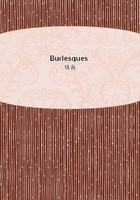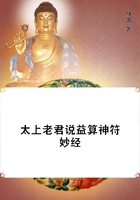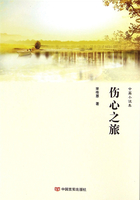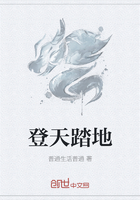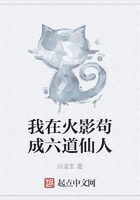I had three memorable meetings with him not very long before he died: one a year before, and the other two within a few months of the end. The first of these was at luncheon in the summer-house of a friend whose hospitality made it summer the year round, and we all went out to meet him, when he drove up in his open carriage, with the little sunshade in his hand, which he took with him for protection against the heat, and also, a little, I think, for the whim of it. He sat a moment after he arrived, as if to orient himself in respect to each of us. Beside the gifted hostess, there was the most charming of all the American essayists, and the Autocrat seemed at once to find himself singularly at home with the people who greeted him. There was no interval needed for fanning away the ashes; he tinkled up before he entered the house, and at the table he was as vivid and scintillant as I ever saw him, if indeed Iever saw him as much so. The talk began at once, and we had made him believe that there was nothing egotistic in his taking the word, or turning it in illustration from himself upon universal matters. I spoke among other things of some humble ruins on the road to Gloucester, which gave the way-side a very aged look; the tumbled foundation-stones of poor bits of houses, and "Ah," he said, "the cellar and the well?" He added, to the company generally, "Do you know what I think are the two lines of mine that go as deep as any others, in a certain direction?" and he began to repeat stragglingly certain verses from one of his earlier poems, until he came to the closing couplet. But I will give them in full, because in going to look them up I have found them so lovely, and because I can hear his voice again in every fondly accented syllable:
"Who sees unmoved, a ruin at his feet, The lowliest home where human hearts have beat?
Its hearth-stone, shaded with the bistre stain, A century's showery torrents wash in vain;Its starving orchard where the thistle blows, And mossy trunks still mark the broken rows;Its chimney-loving poplar, oftenest seen Next an old roof, or where a roof has been;Its knot-grass, plantain,--all the social weeds, Man's mute companions following where he leads;Its dwarfed pale flowers, that show their straggling heads, Sown by the wind from grass-choked garden-beds;Its woodbine creeping where it used to climb;Its roses breathing of the olden time;
All the poor shows the curious idler sees, As life's thin shadows waste by slow degrees, Till naught remains, the saddening tale to tell, Save home's last wrecks--the CELLAR AND THE WELL!"The poet's chanting voice rose with a triumphant swell in the climax, and "There," he said, "isn't it so? The cellar and the well--they can't be thrown down or burnt up; they are the human monuments that last longest and defy decay." He rejoiced openly in the sympathy that recognized with him the divination of a most pathetic, most signal fact, and he repeated the last couplet again at our entreaty, glad to be entreated for it.
I do not know whether all will agree with him concerning the relative importance of the lines, but I think all must feel the exquisite beauty of the picture to which they give the final touch.
He said a thousand witty and brilliant things that day, but his pleasure in this gave me the most pleasure, and I recall the passage distinctly out of the dimness that covers the rest. He chose to figure us younger men, in touching upon the literary circumstance of the past and present, as representative of modern feeling and thinking, and himself as no longer contemporary. We knew he did this to be contradicted, and we protested, affectionately, fervently, with all our hearts and minds; and indeed there were none of his generation who had lived more widely into ours. He was not a prophet like Emerson, nor ever a voice crying in the wilderness like Whittier or Lowell. His note was heard rather amid the sweet security of streets, but it was always for a finer and gentler civility. He imagined no new rule of life, and no philosophy or theory of life will be known by his name. He was not constructive; he was essentially observant, and in this he showed the scientific nature.
He made his reader known to himself, first in the little, and then in the larger things. From first to last he was a censor, but a most winning and delightful censor, who could make us feel that our faults were other people's, and who was not wont "To bait his homilies with his brother worms."At one period he sat in the seat of the scorner, as far as Reform was concerned, or perhaps reformers, who are so often tedious and ridiculous;but he seemed to get a new heart with the new mind which came to him when he began to write the Autocrat papers, and the light mocker of former days became the serious and compassionate thinker, to whom most truly nothing that was human was alien. His readers trusted and loved him; few men have ever written so intimately with so much dignity, and perhaps none has so endeared himself by saying just the thing for his reader that his reader could not say for himself. He sought the universal through himself in others, and he found to his delight and theirs that the most universal thing was often, if not always, the most personal thing.
In my later meetings with him I was struck more and more by his gentleness. I believe that men are apt to grow gentler as they grow older, unless they are of the curmudgeon type, which rusts and crusts with age, but with Doctor Holmes the gentleness was peculiarly marked.

